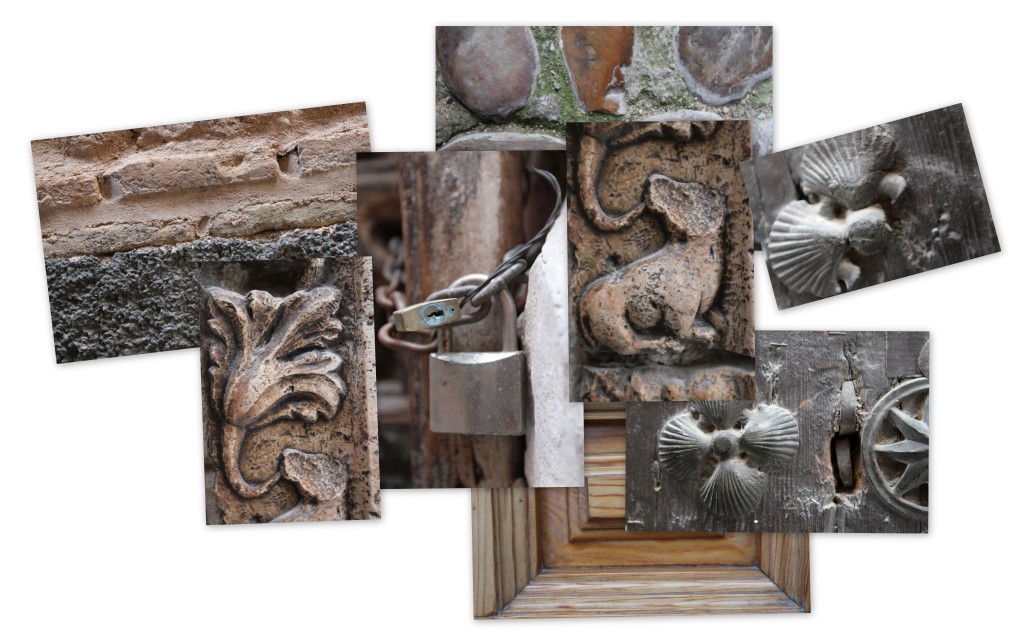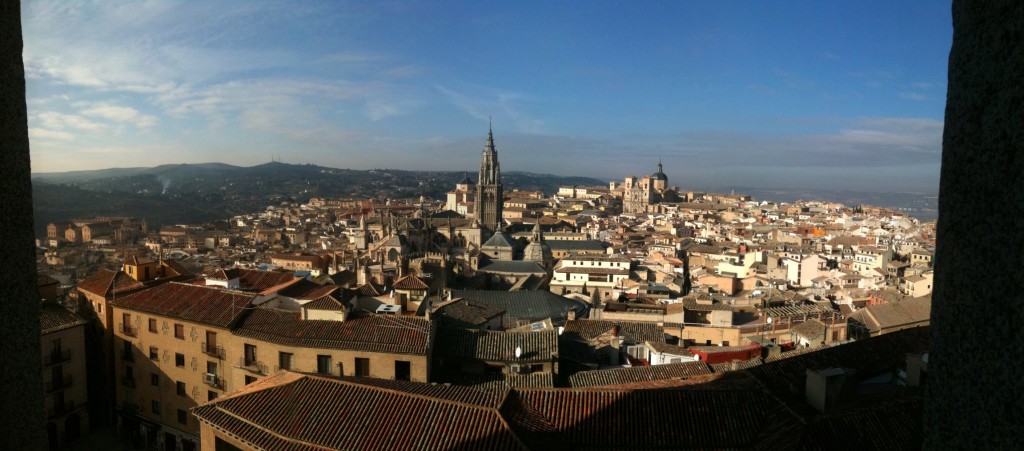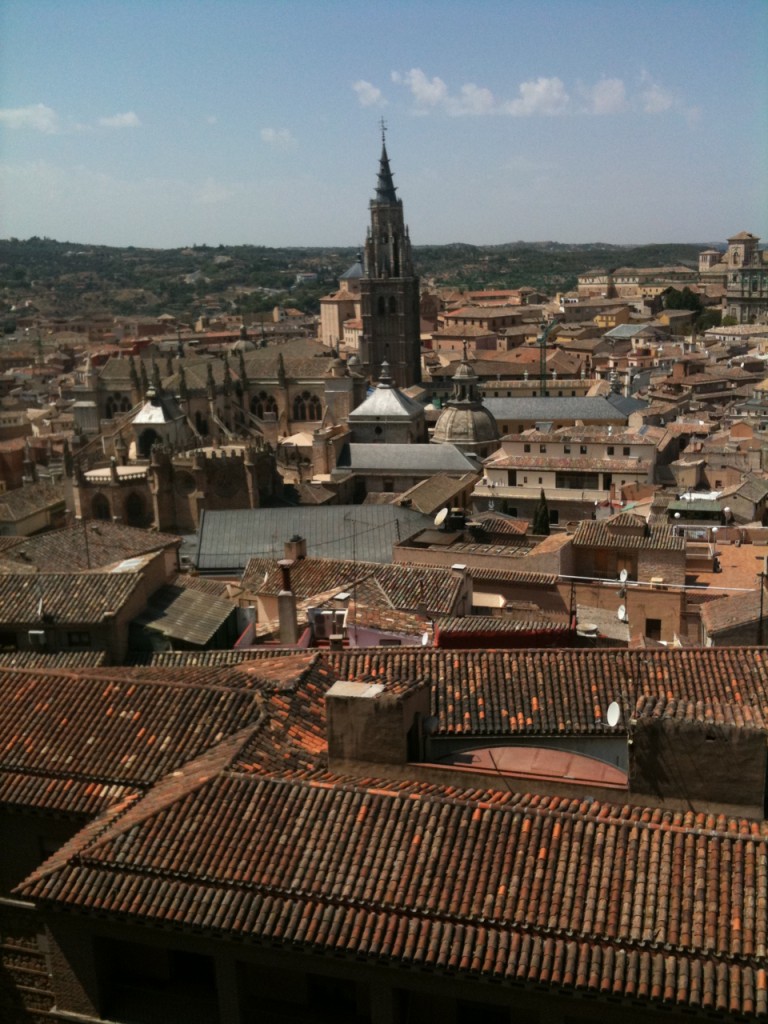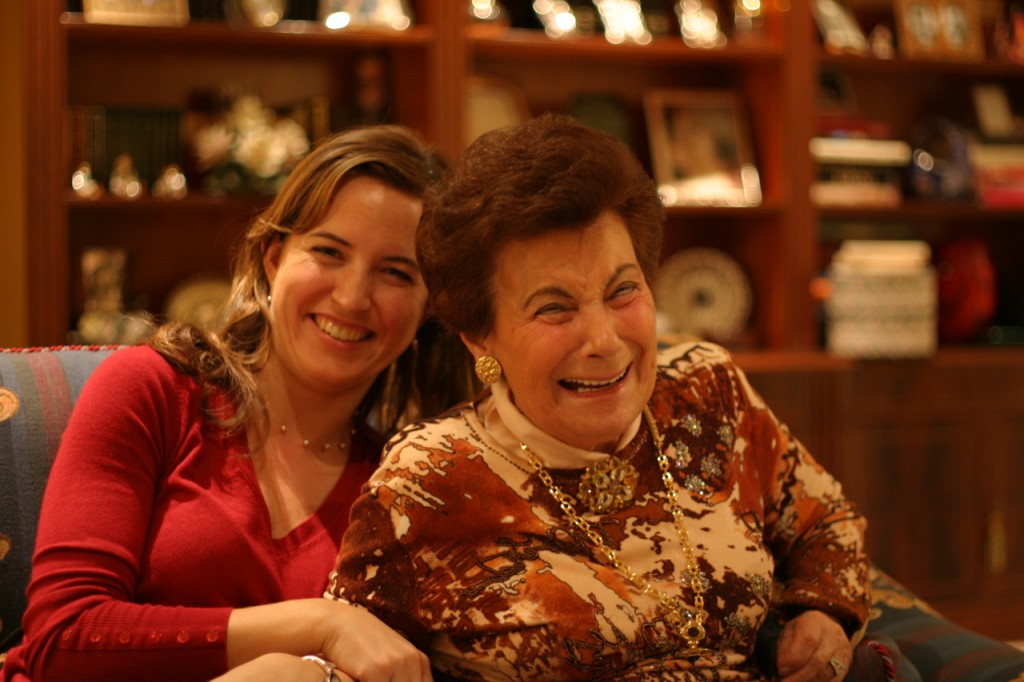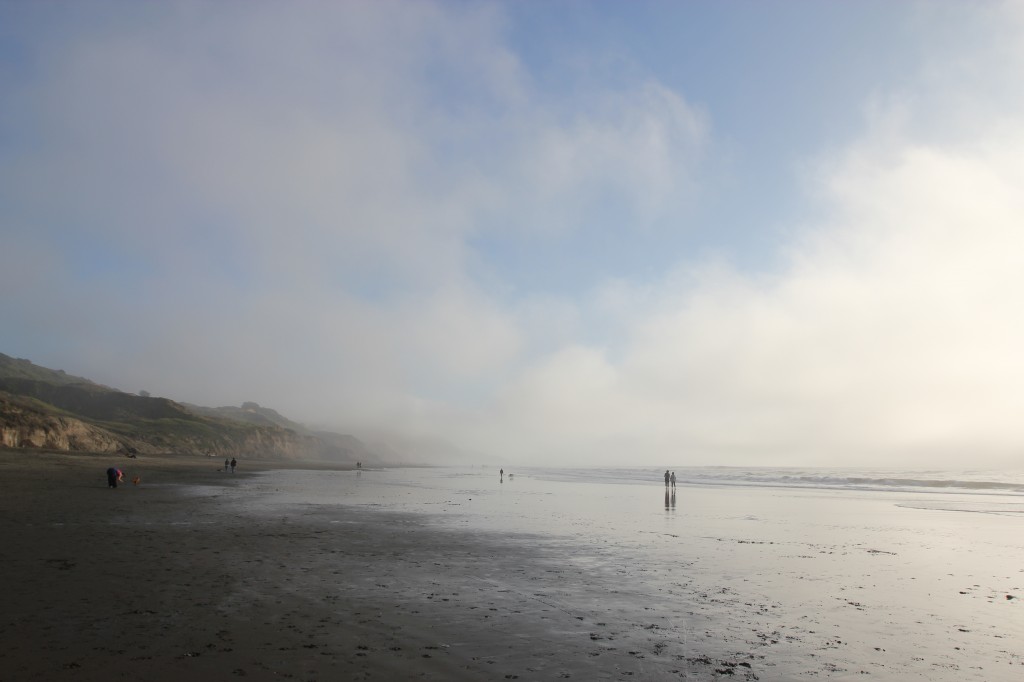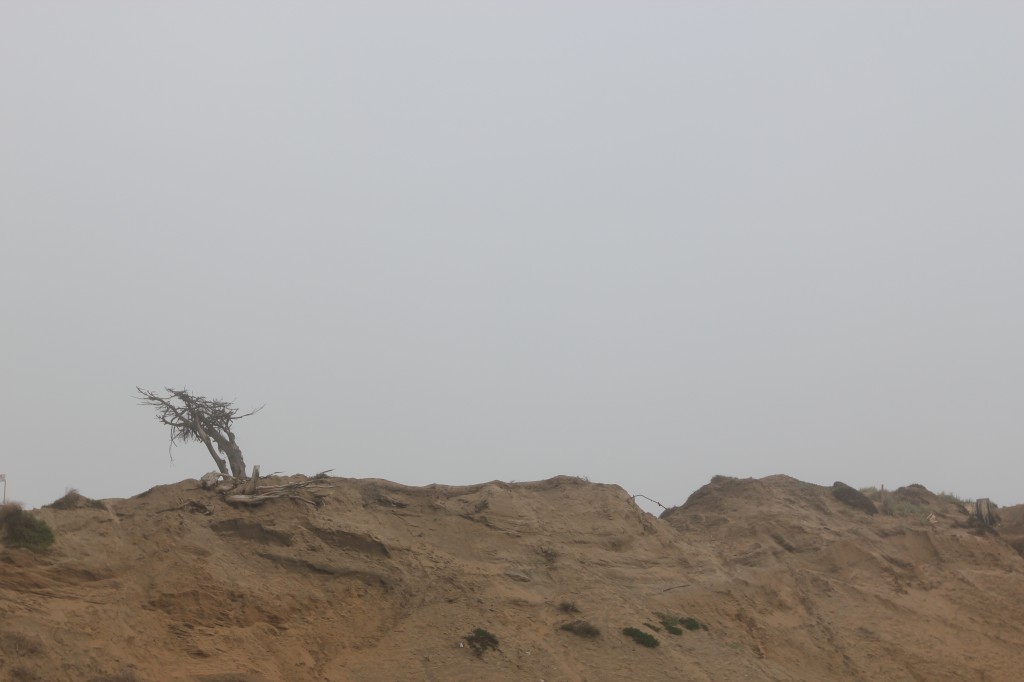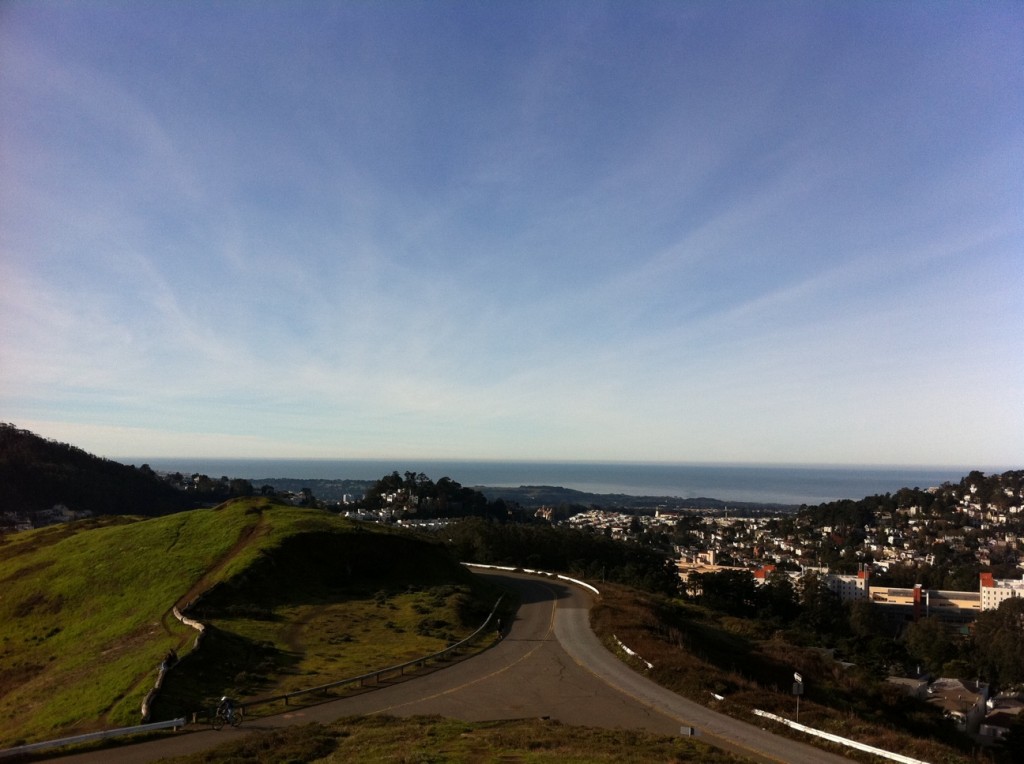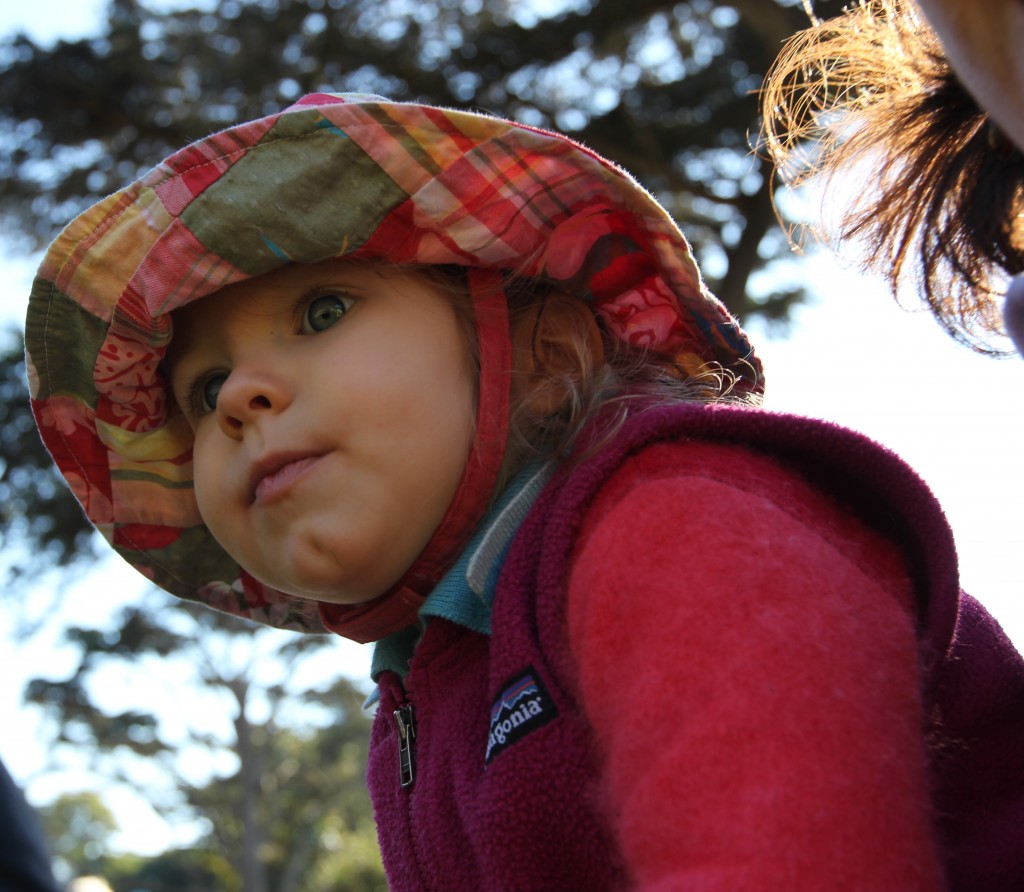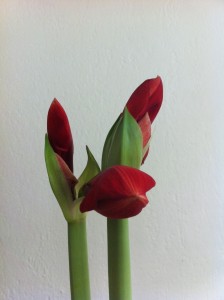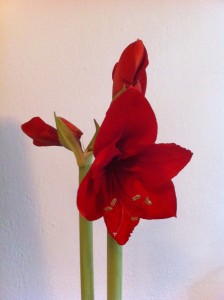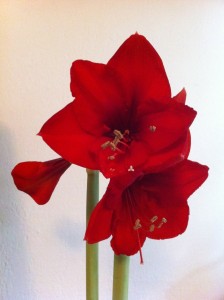January, 2011 archive
Past and Present in Toledo 1
Living in old-town Toledo is a little like living in a museum, the skyline, buildings, narrow stone streets marking an everyday connection to the past like the tapestries and tall thrones of a centuries-old royal museum. The main streets of town are dominated by tourist stores, golden souvenirs, handbags stamped with “Toledo” hanging next to fluffy red polka-dot Flamenco dresses. My father-in-law has made his living selling these souvenirs, walking around town visiting the owners of stores filled with glittering gold plates, jewelry, and long, silver swords. All traditional products from these parts, once handmade in small workshops, hammer meeting metal to pound the old damascino designs, now shipped from factories in China, assembled here.
As I drive into town to visit my Spanish Grandma, I look at the city, the Alcazar and Cathedral standing tall against the late afternoon sky. I think about how living in this museum of a town seems to go hand in hand with conservative values and a desire to keep the past alive, keep the uncertainty of present-day change at bay. Isn’t that what growing old is about, after all? They say we all grow more conservative as we grow older, working to protect what we have, pass on what we have learned to the next generation. When there’s money involved, or power, people hold even tighter, guarded and fearful of the impulsiveness of the young.
Having grown up with little connection to the past, not even knowing my grandparents, living far from where my parents were born, I’ve often felt seduced by the curves of history here, Roman bridges still providing a path across the river, castles a roof over peoples’ head. But it’s the stories that sweep me away, capture my imagination, make me wonder what kind of person I’d be if I were born in a place like this. How is it different to become who you are when so many physical reminders of the past surround you each day?
While packing for our trip home tomorrow, I listen to a podcast I’ve discovered called New Letters on the Air, an old episode from last June where Tobias Wolff talks about his book Old School. He says the book is partly about questions of identity, “how do we become the person we’re going to be”. He asks, “What part does imagination play in that?”
Wolff makes me think about the possibilities for creating who we are; he makes me feel like who we are is merely a question of the bounds of our imagination. At the same time, being in Toledo, listening to my Spanish Grandma’s stories, makes me think about how the past draws boundaries around our experience, colors how we see the present. What do you think matters more in defining ourselves, imagination or the past? How do both matter to you?
Ripples, Sand, Mist 3
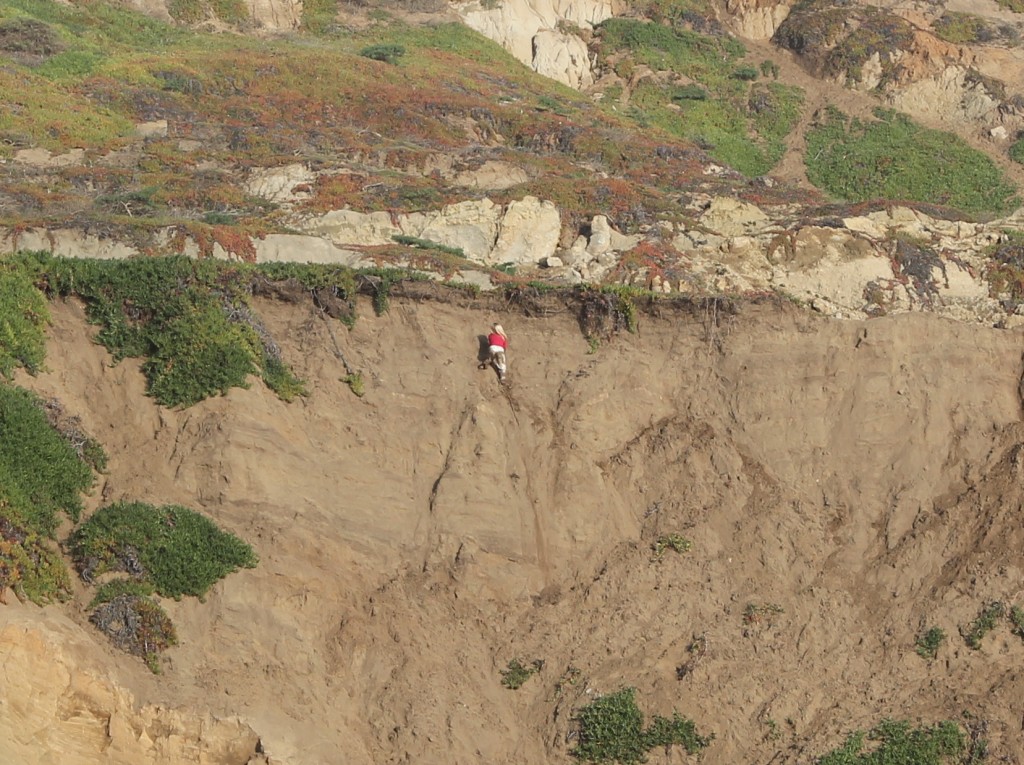 A Sunday walk at the beach. Blue sky, then swooping fog. Sand dollars on sand, white dotting brown. Dogs of all kinds. Walkers in sweatshirts and coats, hoods tucked against the wind. A little girl with a red shirt and long, blond hair, climbing a sandy cliff hand over foot like a monkey. Skateboards seen from below, skidding along a roadblock at the edge of the cliff. Water cold like snow, turning toes red. Sand pipers skittering along the shoreline, feet a blur like hummingbird wings. Deep breaths of salty air. A lone tree, high on the cliff.
A Sunday walk at the beach. Blue sky, then swooping fog. Sand dollars on sand, white dotting brown. Dogs of all kinds. Walkers in sweatshirts and coats, hoods tucked against the wind. A little girl with a red shirt and long, blond hair, climbing a sandy cliff hand over foot like a monkey. Skateboards seen from below, skidding along a roadblock at the edge of the cliff. Water cold like snow, turning toes red. Sand pipers skittering along the shoreline, feet a blur like hummingbird wings. Deep breaths of salty air. A lone tree, high on the cliff.
Blogging in 2011 11
Twice, three times, four times, I’ve opened a new post and then sat with it blank in front of me these past weeks. Not because I don’t write, because I do, pages, every day. Not because I don’t take pictures, because I do, hundreds every week.
I guess I feel some ambivalence about blogging. What does it mean to me? I love reading others’ words, seeing the images from different parts of the world. Reading about books and the writing of people who (want to) write them inspires me. I’ve even become a better citizen, commenting on blogs I read often. But I haven’t figured out what this space means in my life.
From a couple years of reading blogs, I think there are many reasons people blog. To share creative work, find an audience. To remember, capture, words and moments of life. Have conversations about politics. Find, give advice. Mostly people blog to connect in some way, through words, images, ideas, snapshots of their lives, everyday struggles and joys. People blog to set goals, and have company in trying to meet them. We blog to feel less alone, in whatever we do the rest of the time.
I’ve been hearing people say lately that blogging is dying. That it’s “so last year”. What do they mean by this? I think they mean maybe the kind of blogging that is raw sharing, unfocused, venting. Yet from what I’m reading, blogging is quite alive and well. Maybe because I’m drawn to creative (writing, art etc), hobby-focused (cooking, crafts) and support (infertility) blogs these days, and all are spaces that have a real purpose, where the kind of connection that can come from taking parts of themselves and their work and “throwing them on the web”* has meaning for creator and reader.
I’m not sure what blogging means for me as I write this. It changes. When I started buddingscholar nearly four years ago it was about figuring out who I was as a Ph.D. student. Last year in Barcelona it was about escape from the loneliness of working on my dissertation study. And when I started dailyfieldnotes, it was to broaden things, write about my life beyond school. And now?
I’ve been watching this amaryllis grow this last month, and three days ago it started blooming. Watching the green stems and tightly closed buds push their ways up felt hopeful, full of potential. The blooming: it’s bare, wide open, risky, vulnerable.
I don’t know what this medium means, or what stories of who I am will come through here. But looking ahead to the year, I’m resolving to do one thing: write, once a week, and “throw it on the web”, here. Really this is a promise to take the writing I already do, and maybe do some of it here, or else shape it and form it into stories and pieces of a narrative. Once a week, a post. Though I dream of doing it more often, especially posts with pictures, my commitment to myself and the world of blogging is once a week, normally on Saturdays.
When 2012 rolls around, we’ll see what blogging can mean in one year of this girl’s life.
—-
What does blogging mean to you? What keeps you doing it, or has made you stop? Anyone want to join me in my post promise?
—-
*Jon Stewart has started saying this at the end of a lot of his interviews. It implies a casual, quick way to see the rest of the conversations with his guests, but it also suggests hurling and tossing and other things you do with a physical object, and as a metaphor it seems both apt and wrong as a way of talking about what you put online…

